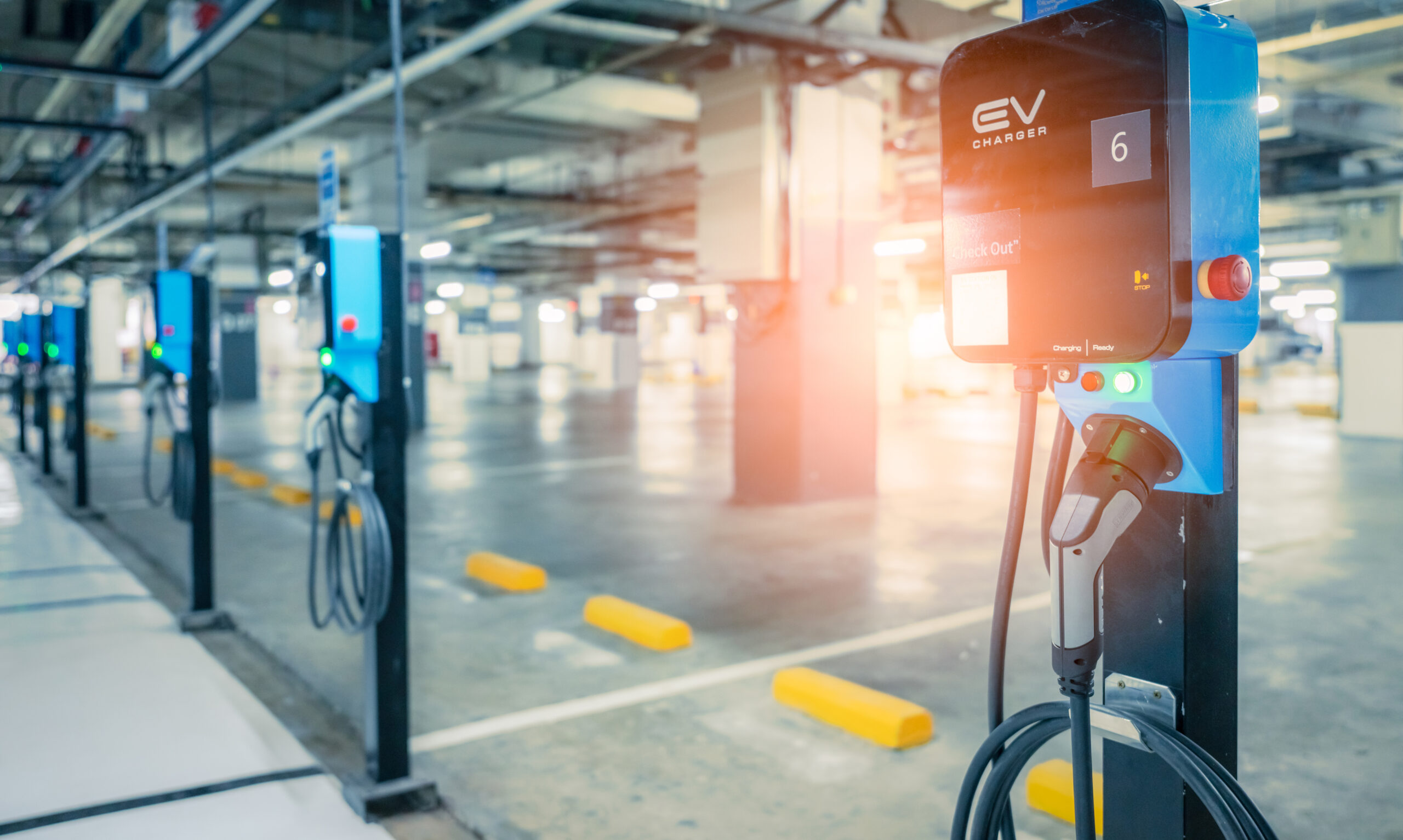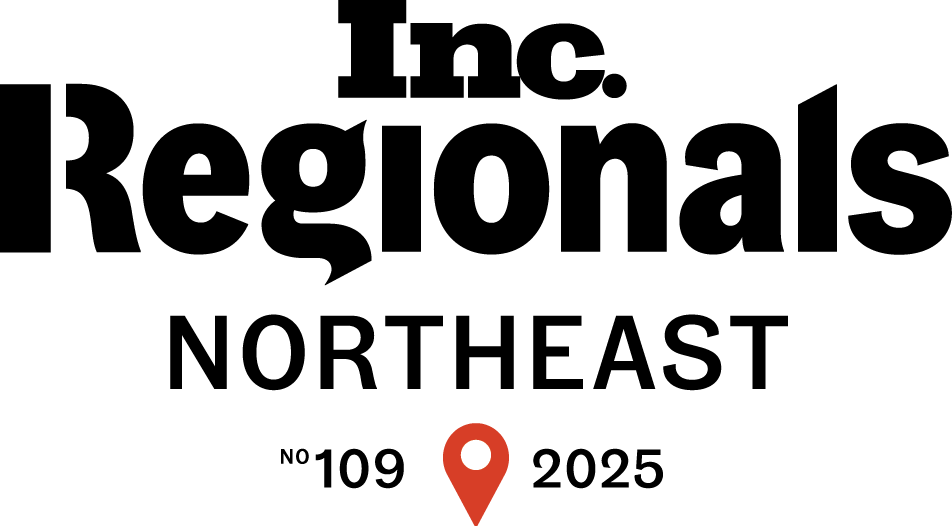July 2025 MA Muni Minute

ISO New England is revamping its capacity market structure with FCA 19, moving from a long-term forward model to a prompt, seasonal auction system. Starting with the 2028–2029 capacity period, auctions will occur closer to real-time needs, better aligning procurement with demand forecasts. Municipalities should prepare for new seasonal commitment periods (summer and winter), revised accreditation for resources, and pricing structures that reflect increased flexibility and lower planning risk. While this may improve long-term grid resilience, capacity costs beyond 2028 remain uncertain, and many suppliers will likely pass through costs or true-up later. Strategic planning is key as this transition takes shape. To read more click here.

ISO New England (ISO-NE) issued its first potential system peak alert of the 2025 summer season on Thursday, June 20, with projected demand nearing 24,800 MW. Freedom Energy advised clients to curtail electricity use between 4–8 PM—a proactive move aligned with shifting peak times due to increased solar output.
This early peak notification underscores the importance of monitoring and responding to curtailment alerts throughout the summer. Curtailing during these peak windows can help lower your capacity tag, directly reducing electricity supply costs in the year ahead.
As above-average temperatures continue across New England, municipalities are encouraged to stay prepared for additional curtailment notices. Participating in these efforts supports both cost savings and grid reliability. Read more about the annual system peak in our recent market update.
🔗 To receive real-time alerts or view our Peak Notification resources, click here.

Massachusetts continues to lead the way in municipal energy innovation, with 297 cities and towns already designated as Green Communities. According to the Department of Energy Resources (DOER), these communities have collectively accessed nearly $54 million in designation grants to advance clean energy initiatives.
Through participation, municipalities have:
-
Reduced municipal energy costs
-
Boosted local economies
-
Lowered greenhouse gas emissions
-
Promoted energy-efficient buildings and infrastructure
-
Accelerated adoption of renewable and clean energy technologies
If your city or town isn’t yet among the 297 designated Green Communities, now is the time to consider applying and becoming a clean energy leader—making your community a healthier, more resilient place to live, work, and play.
🗓️ Green Communities Application Deadline: December 30, 2025
🔗 Learn more & apply
🔗 Designation Grant Program
In addition, municipalities can pursue the Climate Leader Communities designation—a voluntary program designed to deepen and expand local decarbonization efforts. This initiative supports:
-
Clean energy and climate-friendly policies
-
Deep energy retrofits across municipal and school buildings
-
Enhanced community engagement and outreach
🗓️ Climate Leader Communities Application Deadline: December 30, 2025
🔗 Apply via COMMBUYS

In early July, the Massachusetts Clean Energy Center (MassCEC) announced the selection of 36 municipalities and 2 commercial fleets to receive funding through two new electric vehicle (EV) charging programs:
These initiatives aim to expand equitable access to EV charging, helping communities and businesses participate in the state’s clean energy transition.
On-Street Charging Program Overview
Municipalities received one of two types of support:
1. Feasibility Studies & Planning Support
21 municipalities will receive no-cost technical assistance to help plan and evaluate EV charging station locations, technologies, stakeholders, and costs.
Participating communities:
Amherst, Arlington, Ashland, Athol, Barnstable, Boston, Everett, Lowell, Montague, Natick, Northampton, Orleans, Plymouth, Quincy, Salem, Sandwich, South Hadley, Taunton, Watertown, Weymouth, Woburn.
2. Project Implementation
15 municipalities ready to deploy EV infrastructure will receive charging stations and installation support at no cost (up to three sites and 10 ports per community).
Awarded communities:
Brockton, Brookline, Cambridge, Chelsea, Fitchburg, Framingham, Holyoke, Lynn, Medford, New Bedford, Norwood, Revere, Somerville, Springfield, Worcester.
MassCEC has funding available to support four additional municipalities with feasibility studies and is actively seeking applicants.
Funding for both programs comes from the Healey-Driscoll Administration’s Electric Vehicle Infrastructure Coordinating Council (EVICC) through the American Rescue Plan Act.

On July 16th, Freedom Energy Logistics intern Cole Diehl attended Coldplay's concert in Foxborough, MA—and it wasn't just the music that sparked excitement. The entire show was powered by 100% renewable energy, transforming entertainment into a vivid showcase of climate-conscious innovation.
🌱 Sustainability in Action
Coldplay's World Tour is redefining what it means to tour responsibly. Their commitment to sustainability is woven into every aspect of the experience:
- Fan-Powered Electricity: Kinetic dance floors and stationary bikes allowed concertgoers to generate real-time energy, directly fueling the performance.
- Solar & Battery Systems: Solar panels and recycled BMW i3 batteries charged behind the scenes, enabling Coldplay to run the show entirely on clean power.
- Carbon Reduction Goals: The band has cut direct CO₂ emissions by 59% compared to their previous tour, verified by MIT's Environmental Solutions Initiative.
- Tree Planting with Every Ticket: Over 7 million trees have been planted as part of Coldplay's commitment to offsetting emissions.
- Eco-Friendly Production: From biodegradable confetti to compostable LED wristbands, every detail is designed with sustainability in mind.
"It was especially exciting to see these innovations in action now that I'm working at Freedom Energy Logistics, where I'm being immersed in the energy industry and becoming more aware of the importance and potential of renewable energy."
Why It Matters
Coldplay's tour is more than a concert—it's a movement. By integrating renewable energy into a global entertainment platform, they're proving that sustainability can be immersive, interactive, and inspiring. For Cole, and for all of us at Freedom Energy, it's a powerful reminder that clean energy isn't just a policy or a project—it's a lived experience.
Seeing our team connect with sustainability beyond the workplace reinforces why we do what we do. Whether it's through innovative concerts or everyday choices, the future of energy is already in motion. Check out Freedom's LinkedIn post on it.

At a recent industry event, Dileep Prabhakar, Regional Sales Director at Freedom Energy Logistics, shared valuable insights into the challenges and realities facing New England’s aging power grid—and what municipalities can do to stay ahead.
What’s Changing?
New England’s electricity grid is undergoing a major transformation. Traditional baseload sources like coal and nuclear are phasing out, while natural gas and renewable energy try to fill the gap. But the transition isn’t happening fast enough. Infrastructure is aging, interconnection timelines are long, and climate-related weather events are increasing grid stress.
“The grid isn’t just strained—it’s unprepared for what’s coming,” Dileep noted, pointing to the rise of AI-driven data centers, electrification of heating and transportation, and the increased risk of outages from severe storms.
Reliability Concerns
ISO-NE has already seen a growing number of scarcity events—moments when demand outpaces available generation. With critical generators like Mystic Station exiting the market, volatility may increase. And while demand response programs help, the majority of passive resources can’t be dispatched in real-time emergencies.
What Needs to Be Done?
-
Build out grid infrastructure
-
Accelerate interconnection studies
-
Invest in larger, future-forward generation sources like small modular reactors
-
Long-term competitive supply contracts and battery storage solutions are key tools for municipalities to manage risk and improve energy resilience.
Municipalities must remain informed and proactive in the face of grid transformation. Whether it’s revisiting your energy procurement strategy or planning for local backup systems, the time to act is now.
🎥 Watch Dileep’s full video here.







Connect With Us